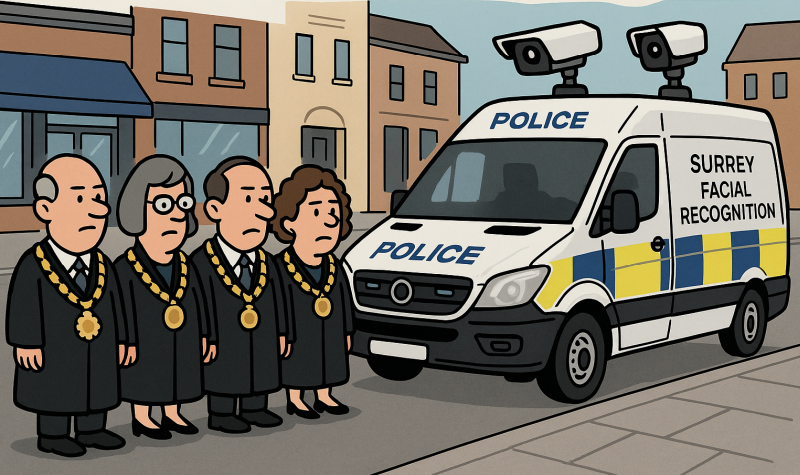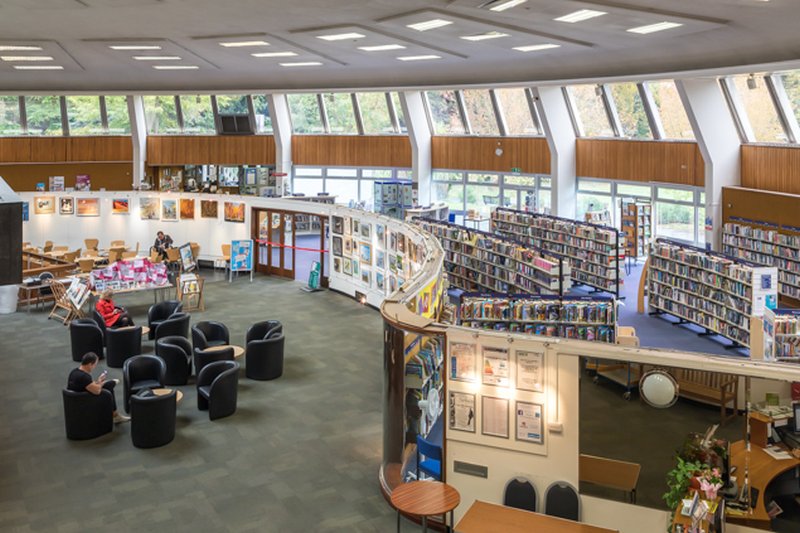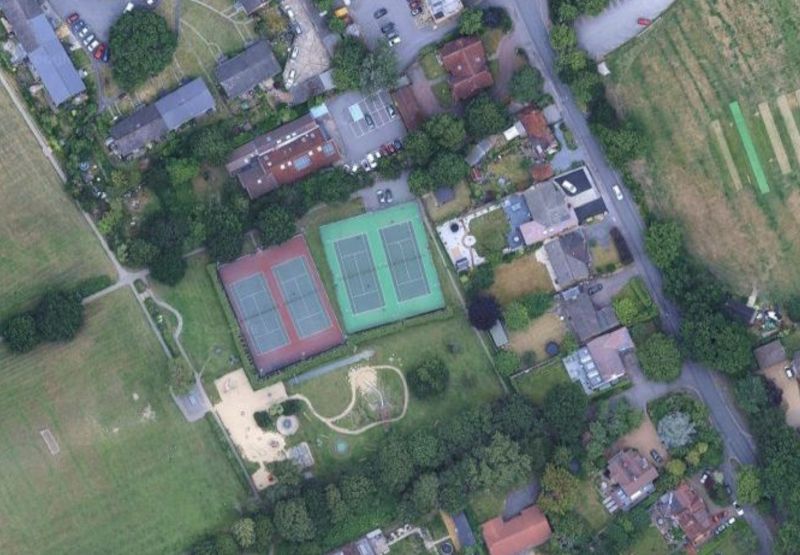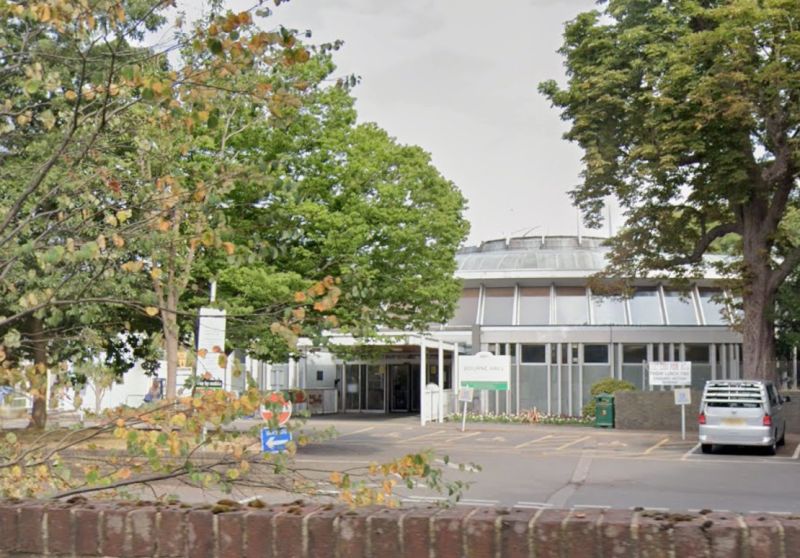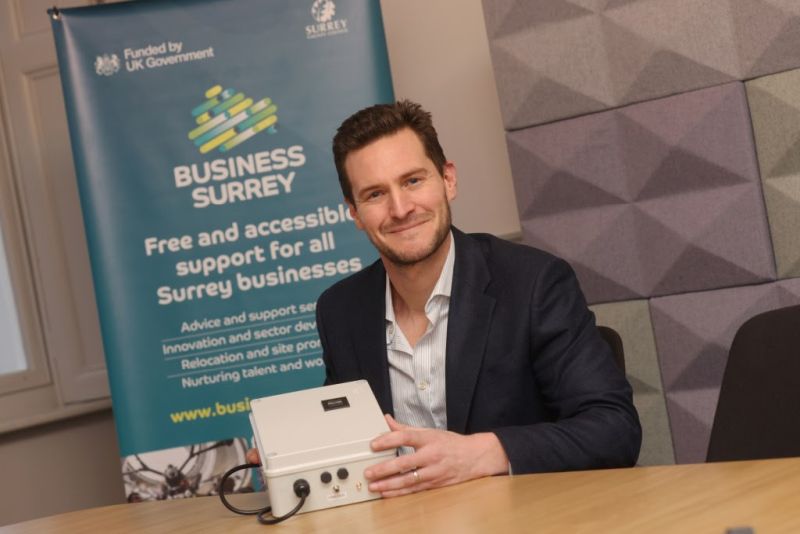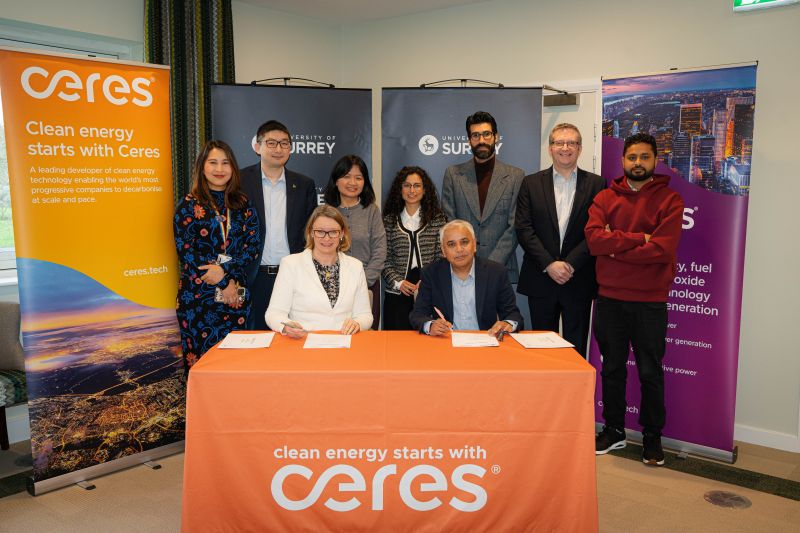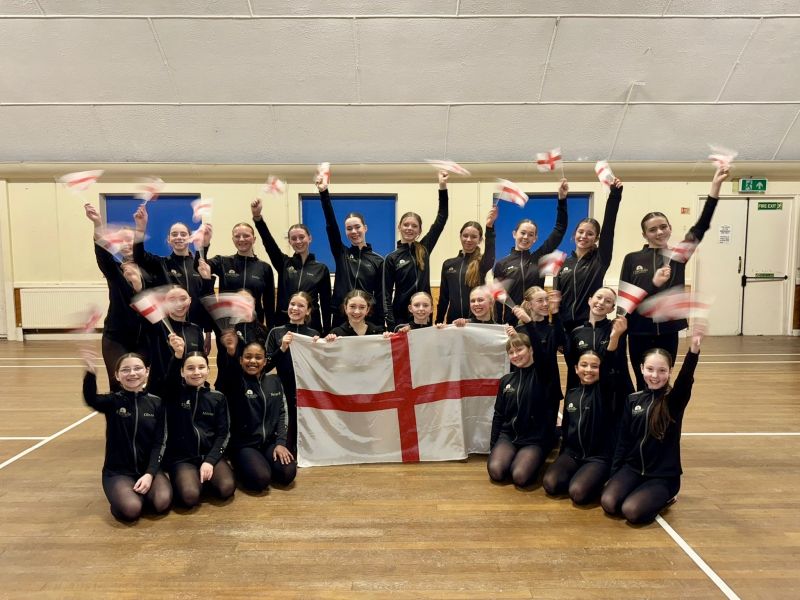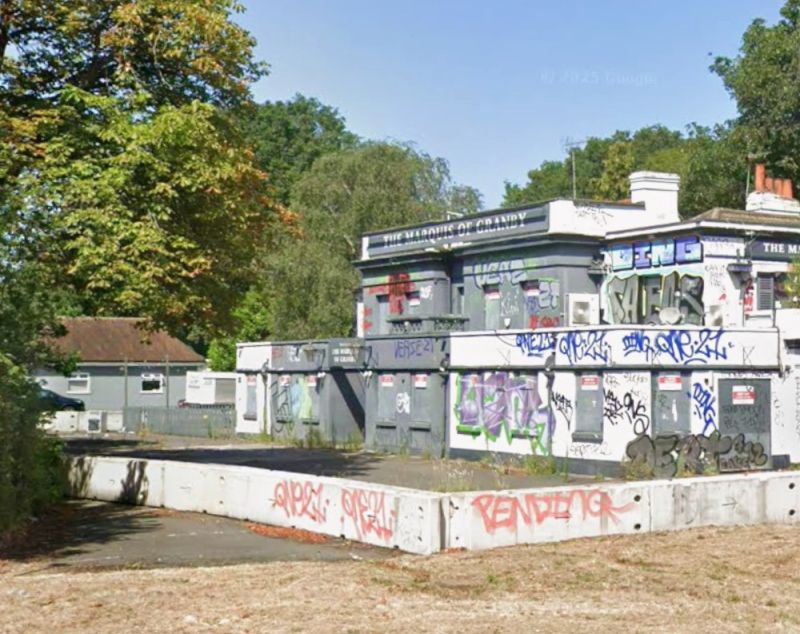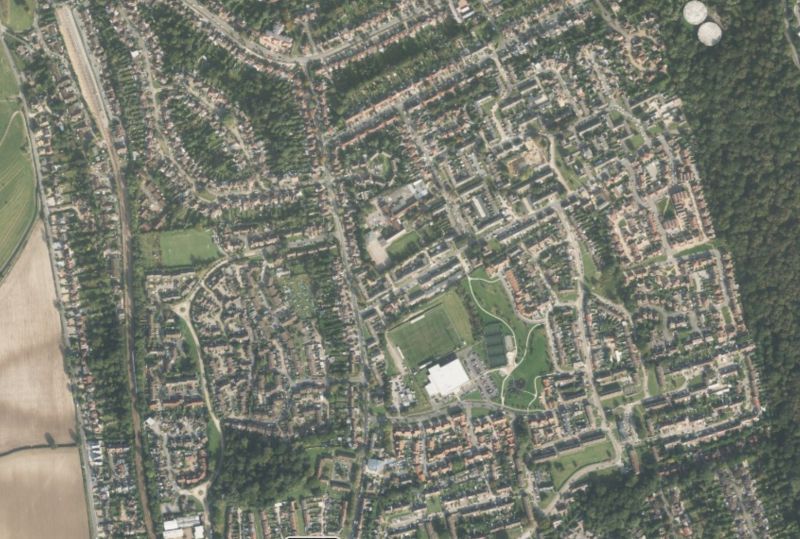Surrey inequality report challenges ‘leafy county’ myth
The idea that Surrey is all leafy lanes, golf courses and big houses is a myth, according to a new report. Despite being a prosperous area of the country, the county still has thousands of residents struggling with inequality, isolation and poverty.
The report, Understanding Inequality in Surrey, lays bare the scale of the challenge. It found that residents from Bangladeshi, Pakistani, Black African, Roma and Gypsy/Traveller communities are far more likely to live in poverty, overcrowded housing and poor health. Gypsy and Irish Traveller residents experience the worst health among working-age people, and Bangladeshi-origin residents experience the worst health among over-65s.
The study also found that, while unemployment is rising more generally, racial minority groups are more than twice as likely to be unemployed compared to White British residents. Even degree-holders from minority backgrounds are still less likely to get into senior jobs or management positions than their white counterparts.
Cllr Mark Nuti, Cabinet Member for Health and Wellbeing, said: “We’re in a very changing world at the moment. There is a lot going on politically in our society and people are feeling quite fragile in places. Especially when we’re looking at equality, diversity and inclusion, there are people out there who are feeling very alone at the moment. We do have people that are living on the poverty line, we do have from different races [and] different ethnicities that aren’t feeling part of these communities who are feeling alone – as everywhere else in the country. The most urgent action we need to do as a council, and as individuals, is to make sure that we identify where those people are and we have wraparound support for people to make sure they aren’t feeling alone or feeling scared in their own home. And they do know the majority of us respect and love them, and want them to be part of our community and our county.”
The fresh report comes after a 2023 peer review which praised Surrey County Council for improving its culture but also found it lacked a real understanding of how inequality shows up in local communities, prompting this study.
Cllr Robert Hughes added: “I think the image of Surrey being a county of golf courses, wealthy people and pretty villages are a small part of what Surrey is in reality.”
The county boasts around 120 golf clubs – many of which are world class – alongside million-pound mansions, outstanding private schools and leafy green countryside. Yet the report exposed how 20,000 children are growing up in poverty, disabled residents are far less likely to find work, and young people with additional needs and disabilities are four times as likely to have experienced mental ill health compared to the wider population. Women are also hit harder by the cost of living, with the gender pay gap in Surrey reaching a staggering 21 per cent, well above the national average, according to the study.
Officers told a Resources and Performance Select Committee on October 2 that the study will help to alert council departments to how these disadvantages are often linked to an exacerbated socio-economic disadvantage. The new Equality, Diversity and Inclusion framework aims to bring councils, charities and communities together to make sure support actually reaches the people who need it. It looks at everything from jobs and housing to health, education and digital access.
Local groups have already started using the data to apply for funding and shape projects – a sign, councillors say, that the work is already making a difference. The data will be used to make services easier to access, tackle inequality in schools and workplaces, and build stronger communities.
Council officers admit the financial squeeze is real, but argue investing now will save money long-term. The idea is that better support means fewer people reaching crisis point and more residents able to thrive. The next stage is running focus groups with young people, disabled residents and minority communities to make sure the priorities match lived experience.
Aerial view of one of Surrey’s less well of wards – Tattenham and Preston Hawe


